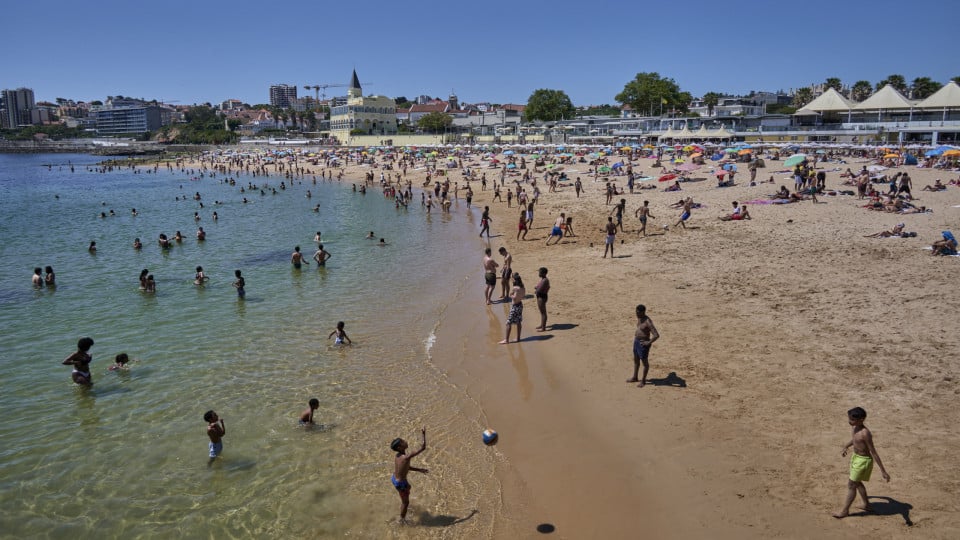The counter-analysis was conducted last Thursday, and yesterday [Friday] the results showed that the water quality of these two beaches in the Cascais municipality is within normal parameters, announced the local authority.
In a press release, the Municipality of Cascais, in the Lisbon district, emphasized that “these beaches didn’t even need to have been interdicted.”
“Despite this, the bathing water ban at Poça Beach in São João do Estoril and Moitas Beach in Monte Estoril was still registered on the APA website yesterday. Only after alerts made by the municipality to APA late yesterday [Friday] afternoon was the website information changed,” the statement highlighted.
The Cascais City Council criticized APA on Friday for maintaining the ban on two beaches in the municipality, despite a final counter-analysis revealing “normal standards” in water quality.
The vice-president of Cascais City Council, Nuno Piteira Lopes, told Lusa news agency that the latest counter-analysis carried out by APA shows “that Cascais waters have the quality in accordance with the necessary standards.”
“What surprises us is how, if there is an analysis dated today from APA saying that the waters are of quality, can there be news being circulated saying that the beaches of Cascais municipality, namely Moitas, will be interdicted until Monday,” the councilor questioned.
In today’s statement, Nuno Piteira Lopes said that the municipality “will start conducting bi-daily analyses of water quality in the county and publishing them on its website” so that Cascais residents and visitors “know they are safe on the municipality’s beaches.”
Currently, the document states, “APA conducts monthly analyses and the municipality conducts weekly analyses, meaning these beaches didn’t even need to be interdicted” since “the values that the municipality collects weekly showed that all indices are within normality.”
Nuno Piteira Lopes also told Lusa news agency that he asked APA for “the same speed” that the municipality has in “providing up-to-the-minute information on the truth about water quality” in the county.
“We have more than 2,500 analyses done throughout the entire year of 2023. Three analyses in June, July, and August cannot contradict or go against the consistent, regular data from all the monitoring that is done throughout the year by the municipality of Cascais,” he argued.



